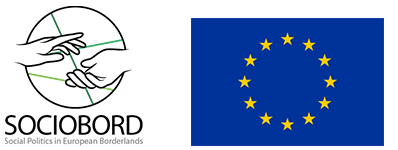
How did newly drawn state border lines after the First World War provoke the establishment and implementation of policies and practices of veteran welfare selection? Different understandings of veteran welfare by historical actors in the French-Luxembourgish-German-Belgian borderlands prompted unique selections of beneficiaries, which resulting in the composition of various (cross-border) mixed welfare systems. This contribution highlights the importance of thinking about bordering practices in tandem with the way time was experienced by veterans and within their environments.
SOCIOBORD reframes the history of welfare and social care in modern Europe by restoring the contributions of local actors – primarily families and associations – to shaping welfare systems in three European borderlands: Galicia, the North-eastern Adriatic and the Franco/Belgian/German border regions from the late 19th century to the 1990s. SOCIOBORD turns the attention to the co-construction of social assistance by public and private actors in three borderland contexts marked by social, cultural, economic, religious or ethnic diversity.
Wednesday, 17 January 2024
14.00 - 15.00
C²DH Open Space (4th floor, Maison des Sciences humaines)

This project has received funding from the European Research Council (ERC) under the European Union’s Horizon 2020 research and innovation programme (grant agreement No 882549).


